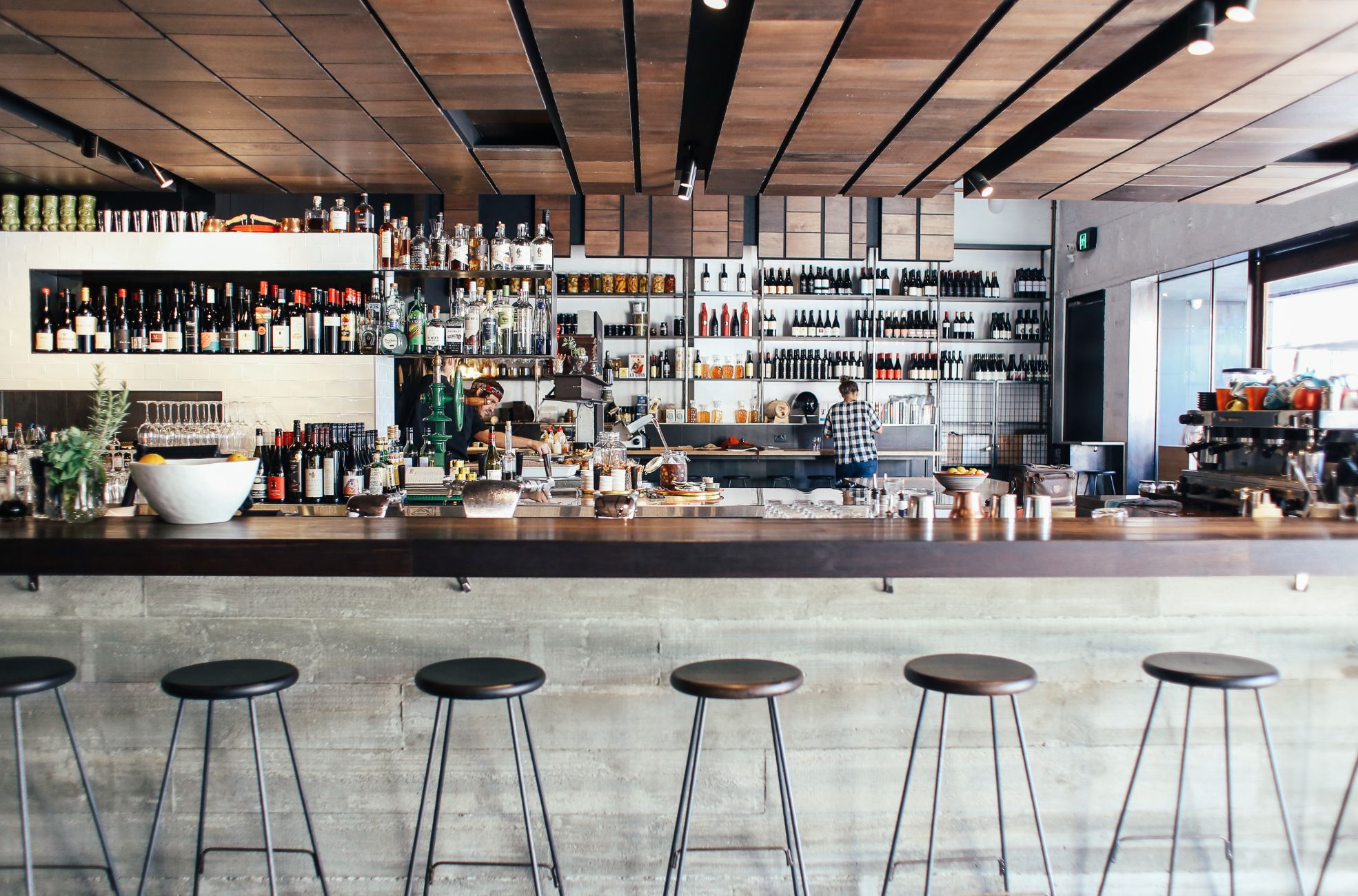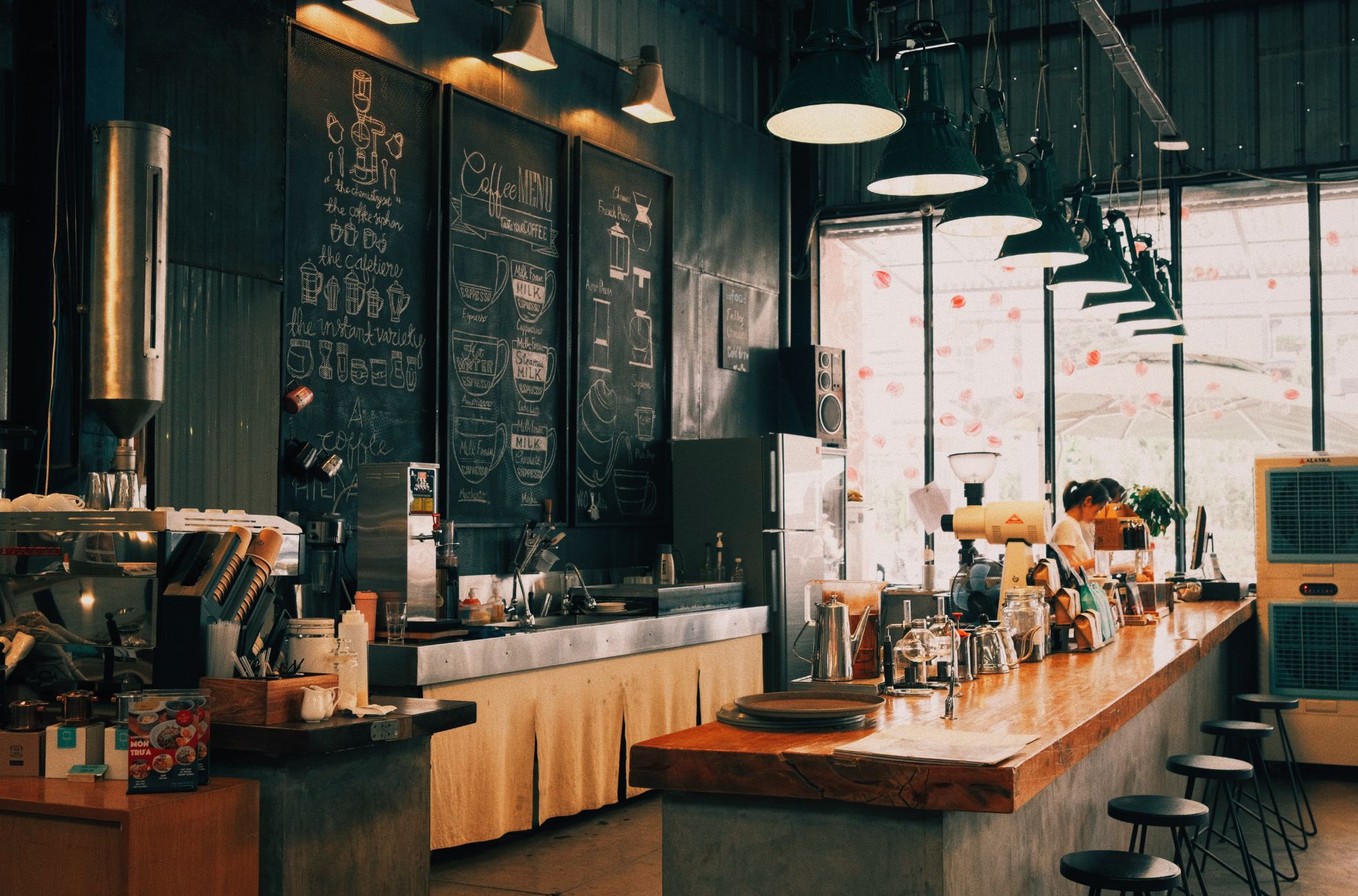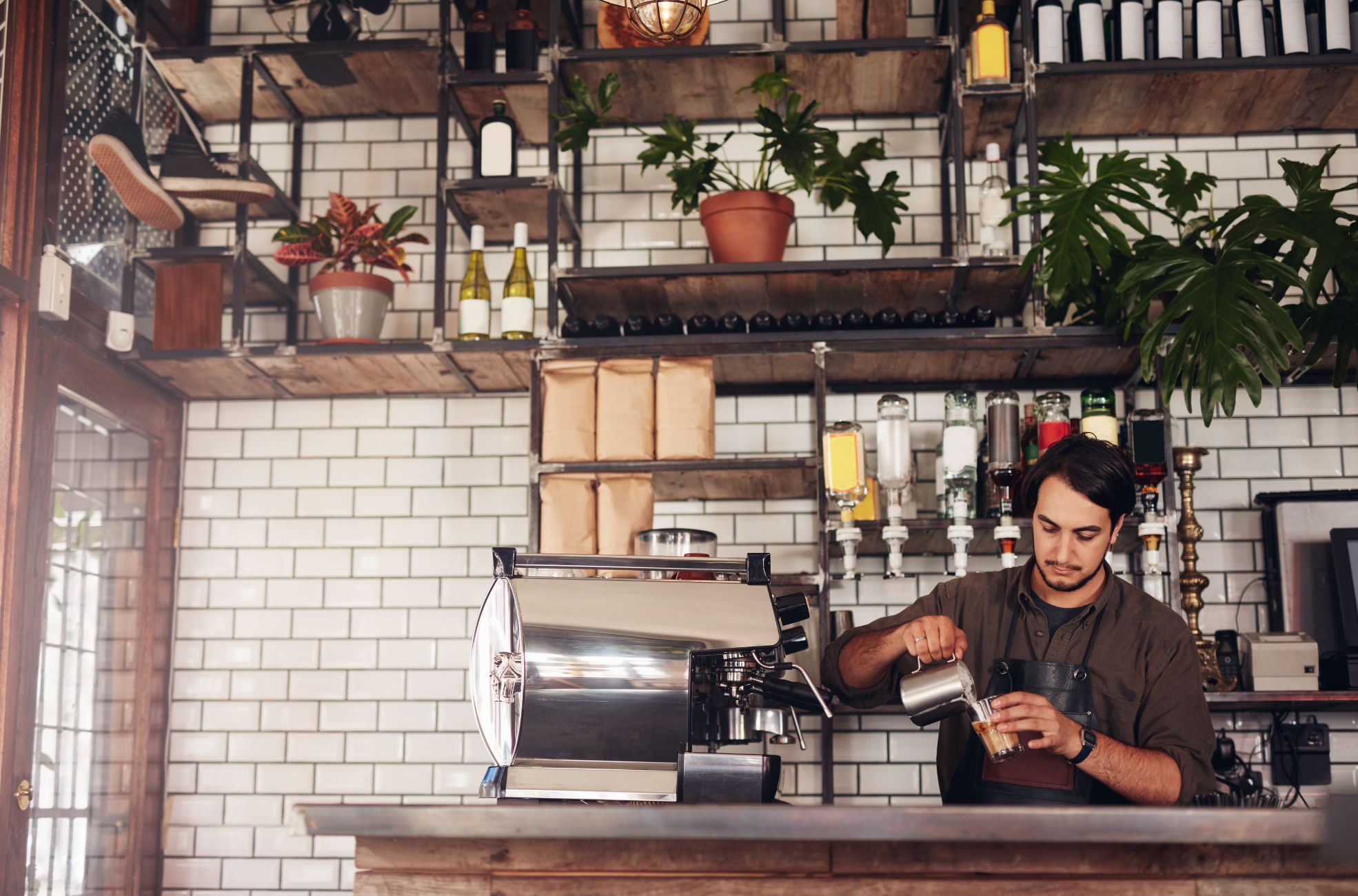Understanding the cafeteria licence cost in Dubai is essential for any aspiring food entrepreneur looking to tap into the emirate’s vibrant food scene. Opening a cafeteria can be lucrative with Dubai’s reputation as a bustling metropolitan hub. Still, it comes with a web of regulatory requirements and associated fees that need careful consideration. From initial applications and registration fees to annual renewals, the financial commitment involves more than just the basic trade licence fee. This article unpacks the layers of costs involved in securing a cafeteria licence in Dubai, offering a comprehensive breakdown of expenses to help you budget effectively for your dream eatery in this dynamic city.
Cafeteria License Costs in Dubai
Initial Application and Registration Fees
Starting your journey to open a cafeteria in Dubai, you’ll quickly realise that the financial side of things should be considered, especially the costs for the necessary licences. You’ll kick things off by picking a unique name for your cafeteria and reserving it with the Department of Economic Development (DED). This will set you back a fee.
Next, you’ll need to get initial approval from the DED, which, you guessed it, also has a price tag. The fees for these first steps include Tasheel fees for name reservation at $169 and for initial approval at $31.
On top of these, you’ve got other expenses like notarisation fees for the Memorandum of Association (MOA), Ejari fees for the attestation of the tenancy contract, and the basic fees for issuing the trade licence, which is around $1634. If you’re set on a foreign or trade licence or name, you’ll need to fork out an additional $545. Even a company stamp, a small but essential item, will cost you about AED 100.
Annual Licence Renewal Fees
Once your cafeteria’s up and running, you’ll have to renew your trade licence every year through the DED. You’ll need to budget for this recurring cost to keep your business in line with local laws. The renewal fees will change based on factors like the size of your place and the specific services you provide.
Additional Costs to Consider
But it’s more than just the initial and annual fees you need to think about. When opening a cafeteria in Dubai, you’ll also encounter market fees, which are about 2.5% of your annual office rent, labour file charges, P.O. box rental, and fees for updating the licence with your contact details. These extra costs can really add up.
Plus, to make sure your food is safe and you’re following local health rules, you’ll need to get various licences and permits from the Food Safety Department and Dubai Municipality. These include a licence for releasing food consignments, a pork permit if you’re going to handle and serve pork products, and a permit for delivering food products. Your cafeteria coffee shop’s location must also meet strict standards; it needs to be at least 50 metres from garbage dumps and have a clean area of at least 10 metres around it to keep food safe from contamination.
The design and layout of your cafeteria must also check certain boxes, like enough room for equipment, waste disposal, and managing smoke, plus using non-absorbent and fireproof materials. Your place should be pest-free, with separate sinks for utensils, veggies, and meat. It must have space for processing and storing food, proper windows and ventilation, entry and exit points, and clean facilities like bathrooms.
To get through all these requirements, you’ll need to hand in a detailed set of documents, including the fiollowing:
- Your restaurant’s design plans.
- Approvals from the Food Safety Department.
- Food and trade licences from the Department of Tourism and Commerce Marketing.
- Passport copies of all the business partners.
Opening a Cafeteria in Dubai
Dubai’s dynamic culinary landscape reflects its multicultural population and offers a wealth of opportunities for food business entrepreneurs. The city’s thriving economy and popularity as an international travel destination make it an ideal location for launching a new cafeteria business. However, embarking on this venture requires careful planning, market knowledge, and adherence to regulatory standards.
Importance of Obtaining a Cafeteria License
Operating a food establishment without the necessary permissions is illegal and can lead to significant fines. The cafeteria licence is essential for legitimising your business and confirming that it meets the stringent standards for food safety and hygiene enforced by the authorities. This certification is a testament to the quality and safety of the food offered by the restaurant business, giving customers peace of mind.
It also empowers you to compete in Dubai’s food market with the assurance that you have fulfilled all legal prerequisites.
Regulatory Bodies Involved in Licensing
Securing a cafeteria licence involves multiple regulatory bodies, each with a vital role in the food industry and maintaining the legal framework for food businesses. In addition to the DED, the Food Control Department (FCD) of Dubai Municipality is instrumental in maintaining food safety and hygiene across the city. The FCD performs thorough inspections to assess food handling, storage, preparation methods, and the establishment’s cleanliness.
Types of Cafeteria Licences in Dubai
The city offers various licences for food businesses, each designed for specific food-related operations. For a cafeteria, potential licences include a restaurant licence, a restaurant licence, a catering licence, or a food trading licence, based on the services provided. The cost for these licences can range from $4085 to $6807, depending on factors such as the type of food activity and the business’s scale.
Selecting the appropriate licence is vital, as it should correspond with your business model. For example, if your plans include offering catering services, your licence should encompass this service. Awareness of the activities that are prohibited under the city’s food business regulations is also crucial, as violations can lead to penalties or even business closure.

Steps to Acquire a Cafeteria License
Choosing Your Company Name
When selecting a name for your company, ensure it adheres to the UAE’s guidelines, including cultural sensitivities and avoiding names already in use. It’s advisable to have alternatives ready in case your preferred name is unavailable.
Decide On Legal Structure
The structure of your company is a critical decision that influences various aspects of your operation, including liability, taxation, and expansion capabilities. Options include sole proprietorship, partnership, and limited liability company.
Apply For DED Approval
With your company structure decided, the next step is to seek initial approval from the DED or a free zone authority, depending on your location. Submit a comprehensive business plan that outlines your intended location and a layout that complies with the ‘Food Code’.
Choose A Business Location
Selecting an appropriate location is crucial. The chosen site must be accessible, have sufficient space for equipment and operations, and adhere to health and safety regulations. It should include designated washing and waste disposal areas and maintain high cleanliness and fire safety standards.
Apply For a Visa and Open a Corporate Bank Account
After securing your trade licence and finalising your location, proceed with administrative tasks such as visa applications for your workforce and establishing a corporate bank account to streamline your operations and financial management.
Documentation Required for Cafeteria Licensing
Navigating the regulatory landscape is a critical part of establishing your cafeteria. A local sponsor, who must be a UAE national holding at least 51% of the company’s shares, is mandatory for foreign entrepreneurs. This partnership is a legal requirement by the UAE government.
The structured process to obtain a licence involves securing approvals from various authorities, including the Food and Safety Authority and Planning Department of Dubai Municipality and the DED.
A tenancy contract is a crucial document, serving as proof of your business premises and is necessary for further approvals.
The list of documents necessary is extensive. You’ll need an approval certificate for your cafeteria’s construction layout plan from the Food and Safety Authority, an approval certificate from the Planning Department, and a Food License approval certificate from the DED. A completed cafeteria licence application, MOA signed by all shareholders and partners, company name and registration letter approvals from Dubai’s Registry Office, and passport copies of all shareholders and partners are required.
The tenancy contract must be included in your application for renting a space. Two separate licences are needed: the cafeteria licence, issued by either the Dubai Municipality or a free zone authority, and a food licence, applied for at the Dubai Municipality after the Food Control Department has greenlighted your plans.
Your plan must detail all necessary facilities and equipment. Adherence to the ‘Food Code’ is crucial for the continued validity of your licence, guiding PICs in maintaining standards.
A copy or primary approval from the authority responsible for licence issuance is needed for Food Clearance. An interior layout or blueprint by a registered D.M. Interior Designer is also required. Food permits and approvals are obtainable through the Foodwatch portal of D.M.
Permits include the Food Consignment Release Licence, Pork Permit, Vehicle Permit for food transport, and others for various food-related activities.
The main steps include:
- Leasing a suitable location.
- Getting your plans approved.
- Obtaining initial approval.
- Finalising the legal form of the company.
- Draft and sign the MOA and local service agent agreement.
- Registering your business.
- Submitting the required documents to the DED with the trade licence application.
Compliance with Dubai’s food safety and hygiene regulations is essential to avoid penalties. Certain activities are restricted, such as selling food without a licence, using expired or contaminated ingredients, and preparing food in an unclean environment.

Benefits of Opening A Cafeteria In Dubai
Dubai’s reputation as a global business hub is well-earned, with its vibrant and diverse economy attracting entrepreneurs and investors from around the world. The city’s strategic location and liberal economic policies create an environment ripe for business ventures, particularly in the food and beverage sector. Opening a Dubai cafeteria offers many benefits, leveraging the city’s unique position as a melting pot of cultures and a centre for international trade.
The UAE has become a regional and global business, trade, and tourism powerhouse. This economic diversification has led to a boom in various sectors, including gastronomy. Dubai’s status as the ‘City of Gold’ extends beyond its precious metals market to a reputation for being a rewarding place for company formation. The ever-growing economy and competitive market make it an attractive destination for new businesses.
Ranked 17th among the top global commercial centres, Dubai offers significant advantages for companies seeking a base for growth. The city’s liberal taxation policies are a major draw, with new companies benefiting from minimal tax burdens. For instance, foreign investors enjoy exemptions from personal and capital gains taxes, with only a 5% VAT applied. This favourable tax environment is complemented by an excellent administrative infrastructure, making the process of starting and running a business in Dubai relatively smooth.
The diversification of Dubai’s economy towards non-oil sectors has been strategic, with commercial real estate options offering high returns on investment. This shift is particularly attractive to investors and entrepreneurs looking to capitalise on the city’s growth. Moreover, the UAE government’s pro-business stance and liberal regulatory environment further enhance Dubai’s appeal as a top venue for conducting business.
The city’s transportation infrastructure for a cafeteria is a boon, with frequent flights and accessible international airports facilitating the movement of goods and travel for business owners. Additionally, the presence of ports and an abundant workforce simplifies the logistics of running a trading business, which can be integral to a cafeteria’s supply chain.
Business setup consultants in Dubai can provide invaluable assistance with registration, licensing, and legal procedures. They often offer additional perks, such as help with obtaining a residency visa and setting up a corporate bank account, which can be particularly beneficial for expatriates looking to establish a business in the city.
The UAE’s F&B sector is expected to continue growing, with per capita expenditure on food and beverages projected to increase. This growth is partly fueled by the UAE’s diverse expatriate population, which has transformed the food landscape, creating a demand for various cuisines and supporting the expansion of the food service market.
Embark on Your Cafeteria Venture
As you navigate through the vibrant alleys of Dubai’s entrepreneurial landscape, remember that setting up a cafeteria is more than just a business decision—it’s a journey into the heart of a diverse culinary culture. With meticulous planning, adherence to regulations, and a dash of creativity, your dream cafeteria can become a thriving hotspot, contributing to the city’s bustling gastronomy scene.
Embrace the challenge as you blend flavours and compliance, ensuring that every cup and plate you serve not only tantalises the taste buds but also meets the highest safety and quality standards. Your commitment to excellence and Dubai’s dynamic spirit can create an exceptional dining experience that echoes throughout the city’s eateries. Welcome to the future of your business—may your cafeteria be a beloved addition to Dubai’s rich tapestry of food and community.










